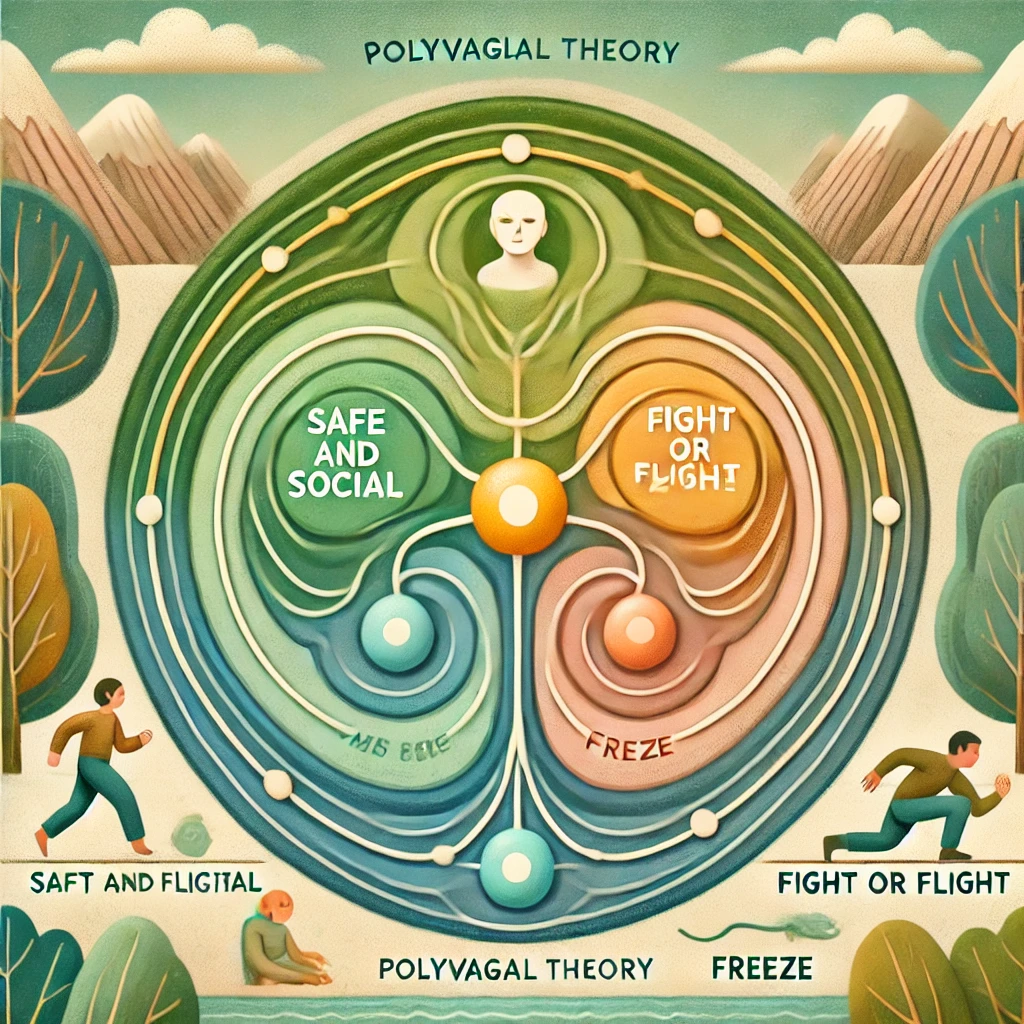BEGIN YOUR mental WELLNESS JOURNEY.
Individual therapy via telehealth
It can be challenging to find a safe and supportive space to express your feelings and thoughts without shame or judgement. You are your own person with many life events and history and deserve to be heard and validated.
Therapy is offered weekly or bi-weekly (depending on your needs) and sessions last for 53 minutes. I provide therapy (virtually via a HIPAA compliant platform) for adults 18 and older.
Dialectical Behavioral Therapy
DBT is an evidence-based approach designed to help individuals manage intense emotions, build healthier relationships, and develop effective coping strategies.
Cognitive Behavioral Therapy
CBT is a highly-effective, evidence-based approach to mental health treatment that helps individuals understand how their thoughts, feelings, and behaviors are interconnected. CBT empowers clients to develop healthier coping strategies and create meaningful change in their lives.
Solution-Focused Therapy
Solution-Focused Therapy, also known as Solution-Focused Brief Therapy, is a goal-oriented, strengths-based approach designed to help individuals find practical solutions to their challenges. Rather than focusing on their problems or past experiences, SFT emphasizes identifying resources and strategies that lead to positive change.
Motivational Interviewing
Motivational Interviewing (MI) is a collaborative, client-centered counseling approach designed to help individuals find their own motivation for change. Rather than pushing for change, MI empowers clients to explore their values, goals, and ambivalence, creating a safe and nonjudgemental space to make decisions about their lives.
Polyvagal Theory
Polyvagal Theory, developed by Dr. Stephen Porges, is a groundbreaking framework that explains how our nervous system responds to stress, connection, and safety. This theory focuses on the role of the vagus nerve in regulating our emotional and physiological states, helping us understand why we react the way we do in different situations.
Client-Centered Therapy
Client-centered therapy, also known as person-centered therapy, is a compassionate and non-directive approach that focuses on creating a safe and supportive environment where clients feel heard, respected, and understood. Developed by Carl Rogers, this approach emphasizes the belief that every person has the capacity for self-growth and healing when provided with the right conditions.






